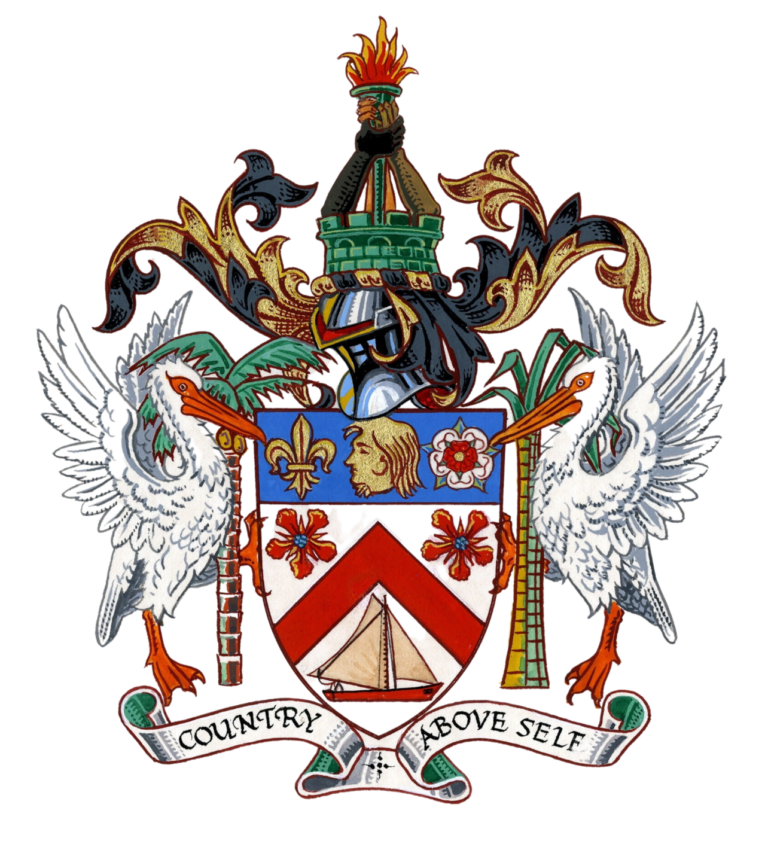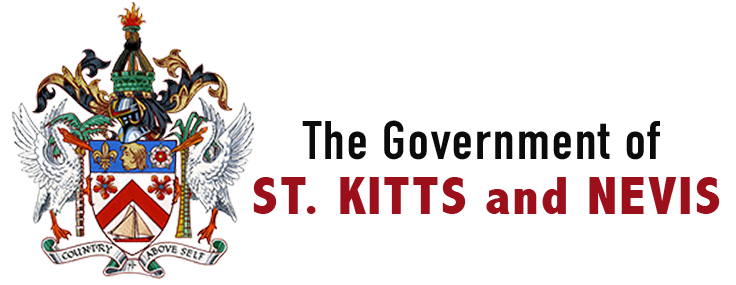In SKN System of Education
The System of Education
The Ministry of Education on St. Kitts and Nevis has full and complete responsibility for education. While the Ministry gives direction, the Department of Education implements the policies. The Chief Education Officer in St. Kitts and the Principal Education Officer in Nevis are responsible for the Ministers of Education for the execution of all education policies in St. Kitts and Nevis. Also there is the Special Education Unit which has its responsibility for the education for children with special needs. One is situated on both St. Kitts and Nevis.
The Examinations Section of the Department of Education on both islands administers many exams on behalf of a number of overseas exam boards and awarding bodies. These include: the Caribbean Secondary Education Certificate Examinations; the Caribbean Advanced Proficiency Examination; the Caribbean Certificate of Secondary Level Examinations; and the Cambridge International Examinations General Certificate of Education O- and A-levels.
Technical and Vocational Training is a general term used for a two-year college that provides mostly employment-preparation skills for trained labor. Some of the programmes offered here include: Advanced Vocational Education Centre and through the National Skills Training Programme. This is to facilitate the implementation of competency-based education and training in schools and colleges and generally to guide the development of Technical and vocational education and training.
The Accreditation Board operates as a semi-autonomous entity. It was established in 2000 under the aegis of the Ministry of Education to evaluate applications for accreditation and to also monitor the performance of tertiary-level institutions in accordance with the provisions of the Accreditation Act.
Structure and organization of the education system
Pre-School Education
The Early Childhood Unit caters to children from birth to 5 years of age, it is not compulsory. Nursery centers cater to children up to 3 years of age while preschools cater to children aged 3-5 years. Day-care centers have both a nursery and preschool component and therefore they cater to children in the age group of 0-5 years. Preschool education is mainly offered by private institutions.
Primary Education
A Primary school education is compulsory and caters to children from age 5-12 years. Primary education is broken down into: infant department (kindergarten to grade 2); lower primary (grades 3 and 4); and upper primary (grades 5 and 6). There is automatic progression through grades and on an age basis. A pupil’s performance on the grade 6 Test of Standard is also used to assist schools for those students entering Form 1 in secondary schools.
Secondary Education
Secondary education is also compulsory and lasts five years. It is divided into two areas, lower secondary (Forms 1-3) and upper secondary (Forms 4 and 5). Upon completion of Form 5, students are required to take the Caribbean Secondary Education Certificate (CSEC) examinations administered by the Caribbean Examinations Council at either general, technical or basic proficiency level. The regional indicator for success at CSEC is four subjects, including English at CSEC General or technical proficiency. However, in order to proceed to the Clarence Fitzroy Bryant College (CFBC) in St. Kitts and sixth form in Nevis, five subject passes are needed. Those who fall below the required amount at secondary level wishing to pursue technical and vocational education may enroll at the Advanced Vocational Education Centre (a two-year program), serving as matriculation requirements for the technical education at CFBC.
Higher Education
Tertiary level education is offered by the Clarence Fitzroy Bryant College (CFBC). Since September 2000, students of the CFBC in St. Kitts and sixth form in Nevis can pursue the Caribbean Advanced Proficiency Exam, a post-secondary programme that replace the traditional English-based General Certificate of Education Advanced-level program. Some of the programmes offered can be completed over a one year period and students are awarded a certificate, while while diplomas are awarded after successful completion of a two-year program.
The CFBC offers two-year programs leading to certificates, diplomas and associate degrees. There are various divisions of the college, namely: arts and general studies, teacher education, health sciences, technical and vocational education and management studies, which includes the Hospitality Training Centre. The CFBC also has arrangements with universities around the Caribbean, including: the University of the West Indies (UWI) and the University of the Virgin Islands (UVI), where credits obtained at the CFBC are transferred into Bachelor’s degree programs. Video-conferencing technology is used at the CFBC by UVI for Master’s degree programs.
The school year extends from early September to early July and consists of thirty-nine weeks.The CFBC operates on a semester system, with two semesters running from August to December and January to June.
Visit Ministry of Education website for more information

Address:
Government Headquarters
Church Street
Basseterre
St. Kitts
Tel:1 (869) 465 2521
Website: gov.kn
